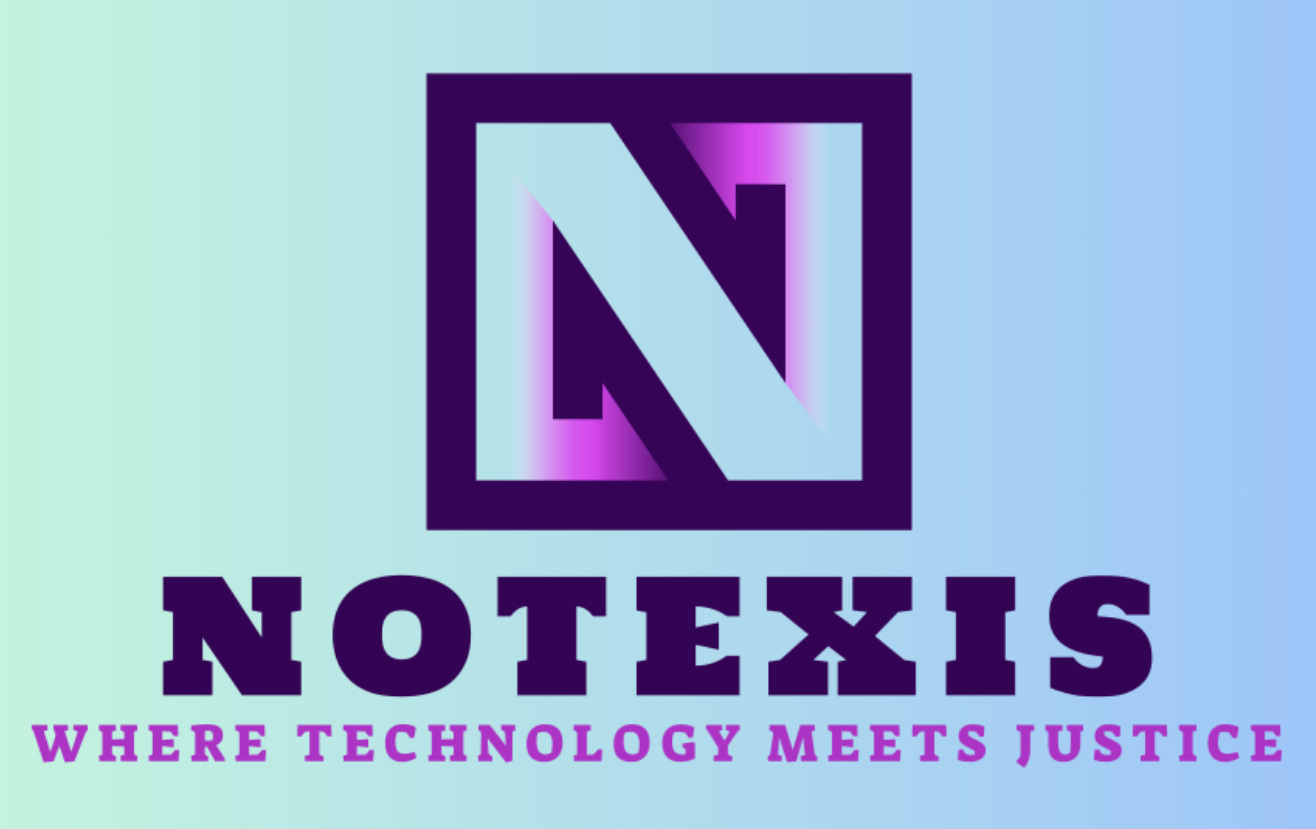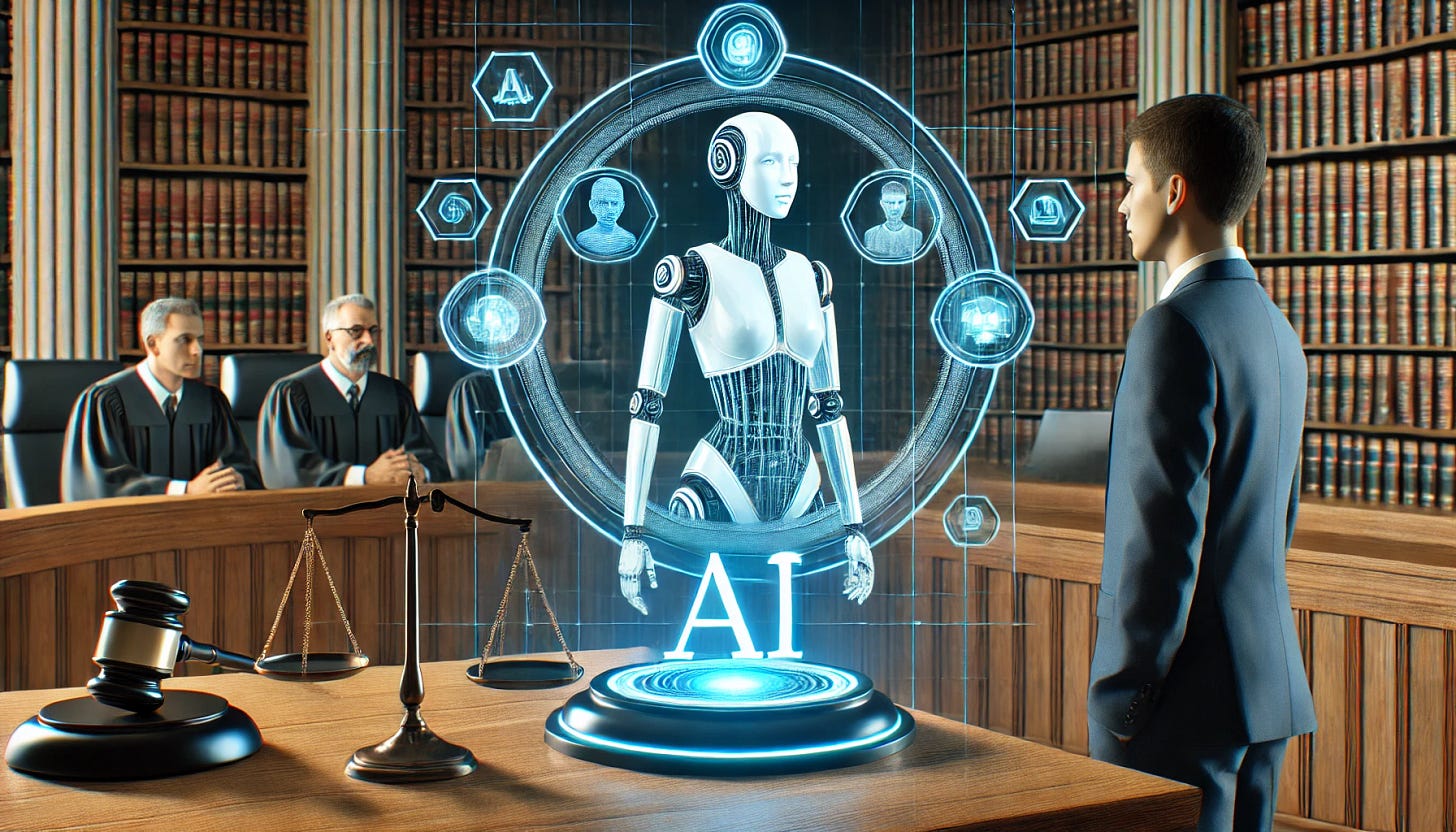Navigating the Future of AI in Courtrooms
The Ethical Implications of AI Integration in Judicial Systems
AI Judges Follow the Law, Human Judges Follow Their Hearts, Study Reveals
A recent study has highlighted a significant divergence between artificial intelligence (AI) and human judges in legal decision-making. While AI systems adhere strictly to legal statutes, human judges often allow empathy and personal biases to influence their rulings. This finding has sparked discussions about the potential role of AI in the judiciary and the ethical implications of its integration.
Study Overview
The research analyzed numerous cases, comparing decisions made by human judges to those that AI systems would have rendered under identical circumstances. The results indicated that human judges are frequently swayed by the emotional appeal of defendants, leading to inconsistent application of the law. In contrast, AI judges consistently applied legal principles without deviation, ensuring uniformity in judgments.
Implications for the Legal System
The study's findings suggest that integrating AI into the judicial process could enhance consistency and impartiality. By minimizing human biases, AI has the potential to uphold the principle of equality before the law more effectively. However, this also raises concerns about the lack of empathy in AI-driven decisions, as the human element often considers the nuances of individual circumstances.
Ethical Considerations
The prospect of AI judges introduces several ethical dilemmas. One primary concern is the potential erosion of human oversight in critical legal decisions. Sir Geoffrey Vos, a senior judge in England and Wales, has advocated for a legal right to have court rulings made by humans rather than machines. He emphasizes that while AI can process information efficiently, the absence of human judgment could pose existential challenges to our humanity and democratic rights.
Human Judges and AI Tools
It's important to note that the integration of AI in the judiciary is not an all-or-nothing proposition. Currently, many judges utilize AI tools to assist in their decision-making processes. However, research indicates that judges often use these tools selectively, sometimes to justify decisions they have already made based on personal biases. This selective application underscores the need for a balanced approach to AI integration, ensuring that technology aids rather than overrides human judgment.
Public Perception and Acceptance
The public's acceptance of AI judges is another critical factor. Many individuals may feel uncomfortable with the idea of machines making legal decisions that profoundly affect human lives. The lack of empathy and understanding in AI systems could lead to public distrust in the legal system. Therefore, any move towards integrating AI into the judiciary must consider public sentiment and the importance of maintaining trust in legal institutions.
Conclusion
The study illuminates the contrasting approaches of AI and human judges, highlighting the potential benefits and challenges of incorporating AI into the legal system. While AI offers consistency and impartiality, the absence of human empathy and the potential for misuse are significant concerns. As technology continues to evolve, it is imperative to strike a balance that leverages the strengths of both AI and human judgment to ensure a fair and just legal system.
Source: Forbes - AI Judges Follow The Law, Human Judges Follow Their Hearts, Study Reveals
The Impact of AI in Law: A Theoretical Review
Artificial Intelligence (AI) is revolutionizing the legal industry, transitioning from automating routine tasks to enhancing complex legal research and reasoning. This evolution streamlines legal processes and presents ethical considerations and potential challenges.
AI's Evolution in Legal Practice
Initially, AI's role in law focused on automating transactional tasks such as document review and contract analysis. However, advancements have led to AI systems capable of conducting sophisticated legal research, predicting case outcomes, and even assisting in decision-making processes. This shift allows legal professionals to allocate more time to strategic activities, thereby increasing overall efficiency.
Ethical and Practical Considerations
The integration of AI into legal practice raises several ethical and practical issues:
Bias and Fairness: AI systems trained on historical legal data may inadvertently perpetuate existing biases, leading to unfair outcomes. Ensuring that AI tools promote justice and equality is a significant concern.
Transparency: The decision-making processes of AI systems can be opaque, making it challenging to understand how conclusions are reached. This lack of transparency can hinder trust and accountability.
Employment Impact: As AI automates more tasks, there is potential for job displacement within the legal sector, particularly in roles involving routine work. This necessitates a reevaluation of legal education and career development.
Future Prospects
Looking ahead, AI is poised to further transform the legal landscape:
Predictive Analytics: AI can analyze vast datasets to forecast legal trends and case outcomes, aiding lawyers in formulating strategies and advising clients.
Access to Justice: AI-powered tools can democratize legal services by providing affordable and efficient solutions to individuals who may not have access to traditional legal representation.
Regulatory Compliance: AI can assist organizations in navigating complex regulatory environments by monitoring compliance and identifying potential legal risks.
In conclusion, while AI offers substantial benefits in enhancing legal practice efficiency and effectiveness, addressing the accompanying ethical and practical challenges is imperative to ensure that its integration upholds the principles of justice and equity.
Source: The Impact of AI in Law: A Theoretical Review - Bar and Bench
Navigating AI in The Judiciary
A recent publication titled "Navigating AI in the Judiciary: New Guidelines for Judges and Their Chambers" offers comprehensive guidance on the ethical and effective integration of artificial intelligence (AI) and generative AI (GenAI) within the U.S. judiciary. Authored by a collaborative group of five judges and a legal scholar, these guidelines aim to assist judicial officers in responsibly incorporating AI tools into their workflows while upholding the core principles of judicial conduct.
Fundamental Principles
The guidelines emphasize that AI should serve as an aid to the judiciary, not a replacement for human judgment. Judicial authority remains vested in human judges, who must ensure that any use of AI enhances the judiciary's independence, integrity, and impartiality. Judges are encouraged to maintain professional competence in understanding and utilizing AI tools, ensuring that these technologies support, rather than undermine, public confidence in the justice system.
Practical Guidelines for AI Use
The document provides several practical recommendations for judges considering the use of AI:
Transparency: Judges should disclose the use of AI tools in their decision-making processes when appropriate, maintaining openness about how AI has influenced their judgments.
Validation: Before relying on AI-generated information, judges must verify the accuracy and reliability of the data, ensuring that it meets the standards required for judicial proceedings.
Bias Mitigation: Judges should be vigilant about potential biases in AI tools and take steps to mitigate such biases to uphold fairness and impartiality in their rulings.
Confidentiality: The use of AI must not compromise the confidentiality of sensitive information. Judges are advised to ensure that AI tools comply with existing confidentiality obligations.
Educational Initiatives
Recognizing the rapid evolution of AI technologies, the guidelines advocate for continuous education and training for judges and court staff. This ongoing learning is essential to keep pace with technological advancements and to apply AI tools effectively and ethically within the judicial system.
Conclusion
"Navigating AI in the Judiciary" serves as a crucial resource for judicial officers aiming to integrate AI into their work responsibly. By adhering to these guidelines, judges can leverage the benefits of AI to enhance judicial efficiency and accuracy while steadfastly upholding the foundational principles of justice and public trust.
Source: Navigating AI in the Judiciary: New Guidelines for Judges and Their Chambers
(The Sedona Conference)





